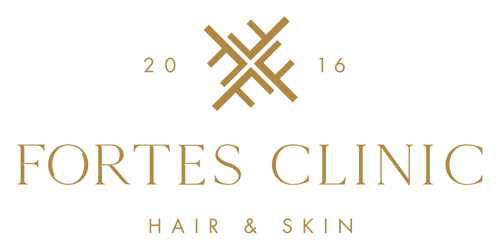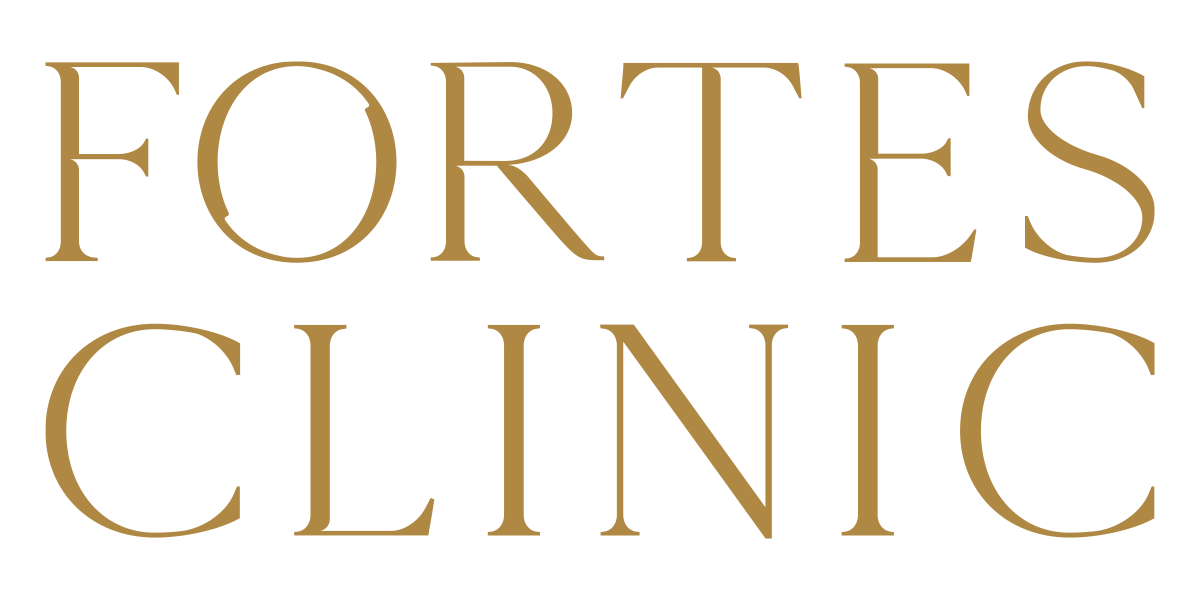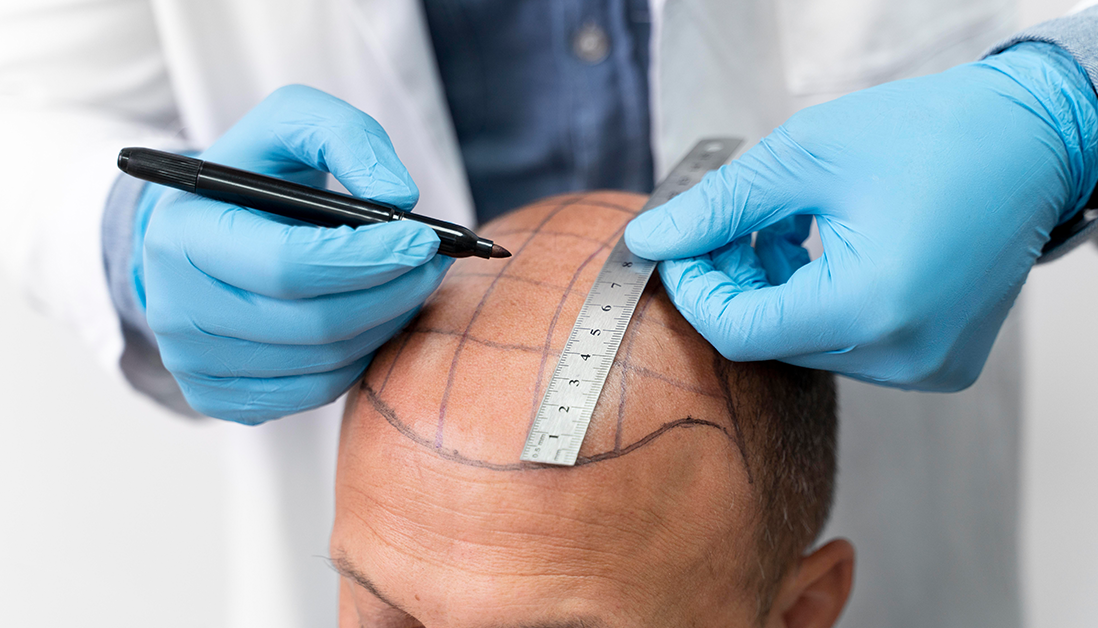Hair loss can be a distressing and challenging problem that affects millions of people worldwide. Fortunately, hair loss clinics offer a range of treatments and solutions to help address this issue. In this article, we’ll explore what to expect when you visit a hair loss clinic, from the initial consultation to post-treatment care and maintenance.
The initial consultation: A comprehensive assessment
The first step when visiting a hair loss clinic is usually an initial consultation. During this consultation, the clinic’s specialist will perform a comprehensive assessment to determine the underlying cause of your hair loss. The clinic will consider a range of factors, such as your medical history, lifestyle habits, and overall health, to provide you with personalised treatment options.
To start, the clinic will ask you a series of questions about your medical history, current medications, and lifestyle habits. This information is essential to determine if your hair loss may be due to an underlying medical condition or lifestyle factor, such as stress or nutritional deficiencies.
In addition to the medical assessment, the clinic will also perform a physical examination of your scalp and hair. They may use a special camera or microscope to examine your hair follicles and scalp in more detail. This will help them determine the extent of your hair loss and identify any potential underlying causes.
Diagnosis: Identifying the root cause of your hair loss
After the initial consultation, the hair loss clinic will use the information gathered to make a diagnosis. Depending on the results of the assessment, the clinic may recommend additional tests, such as blood tests or a scalp biopsy, to confirm the diagnosis.
Once a diagnosis has been made, the clinic will work with you to develop a personalised treatment plan. This may involve a combination of different treatments, depending on the severity and underlying cause of your hair loss.
Treatment options: A variety of non-surgical and surgical options
There are a variety of non-surgical and surgical hair loss treatments available at hair loss clinics. Your treatment options will depend on the severity and underlying cause of your hair loss. Some common options include:
Non-surgical hair loss treatments
- Topical medications: These are applied directly to the scalp and can help slow down hair loss and promote hair growth. These medications include minoxidil, which is available over the counter, and finasteride, which requires a prescription.
- Oral medications: These are taken in pill form and work to reduce the production of dihydrotestosterone (DHT), a hormone that can contribute to hair loss. Examples of oral medications include finasteride and dutasteride.
- Low-level laser therapy: This treatment involves using low-level lasers to stimulate hair growth. This non-invasive treatment is painless and has minimal side effects.
- Platelet Rich Plasma (PRP): This new and innovative treatment involves using the body’s ability to heal itself to treat hair thinning. This method uses growth factors and proteins to rebuild the body’s tissue, and will effectively lead to a reduction in both hair loss and hair thinning.
Surgical hair loss treatments
- Hair transplant surgery: this involves transplanting healthy hair follicles from one part of the scalp to the area experiencing hair loss. This is a surgical procedure that requires a local anaesthetic.
- Scalp micropigmentation: this involves tattooing the scalp to create the appearance of a closely-shaved head, disguising hair loss. This is a non-surgical treatment that has become increasingly popular in recent years.
The hair loss clinic will recommend the best treatment option(s) for your individual needs and goals. They will also discuss the potential risks, benefits, and expected outcomes of each treatment option.
Aftercare and maintenance: Maintaining healthy hair growth
Once you have completed your hair loss treatment(s), the clinic will provide you with aftercare instructions to help promote healthy hair growth and prevent further hair loss. This may involve avoiding certain hair products or activities for a certain period of time, as well as scheduling follow-up appointments to monitor your progress.
It is important to remember that hair loss treatments are not permanent solutions, and ongoing care and maintenance are necessary to achieve the best results. The clinic will provide you with guidance on how to care for your hair in the long-term, including advice on nutrition, exercise, and stress management.
Choosing the right hair loss clinic: Factors to consider
Choosing the right hair loss clinic is critical in achieving successful outcomes from your hair loss treatment. Here are some important factors to consider when choosing a hair loss clinic:
- Experience and qualifications of the clinic’s staff: Make sure that the clinic you choose has experienced and qualified staff who can offer you the highest level of care and treatment. For instance, at Fortes, we are a doctor-led clinic that boasts extensive medical expertise so you can be rest assured that any treatment is administered by specialists in the field.
- Reputation and reviews from previous patients: Research the clinic’s reputation and read reviews from previous patients to ensure that they are reliable and trustworthy.
- Range of treatments offered: Choose a clinic that offers a range of treatments, including non-surgical and surgical options, to ensure that you receive the best possible treatment for your hair loss.
- Cost and affordability: While cost should not be the only factor you consider, it is important to choose a clinic that offers affordable transparent pricing.
- Comprehensive service: Search for a clinic that not only provides quality treatment, but also ongoing support for recovery and post-treatment care. A quality treatment provider should provide a tailored hair treatment plan that is specific to your needs.
During your initial consultation, don’t be afraid to ask questions and voice any concerns you may have. A reputable hair loss clinic will take the time to answer your questions and provide you with the information you need to make an informed decision about your hair loss treatment.
Conclusion: Taking control of your hair loss
Hair loss can be a distressing and challenging problem, but visiting a hair loss clinic can provide you with the tools and resources you need to address it. With a comprehensive assessment, personalised treatment plan, and ongoing care and maintenance, you can take control of your hair loss and achieve healthy, beautiful hair.
Remember, every individual’s hair loss is unique, and what works for one person may not work for another. It’s important to seek professional advice from a qualified and experienced hair loss clinic to ensure that you receive the best possible treatment for your individual needs.



